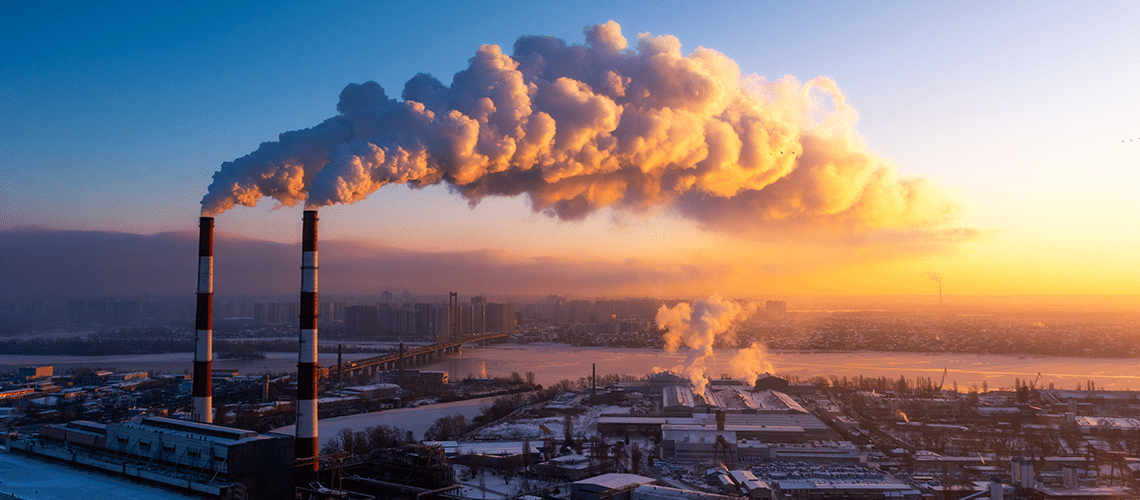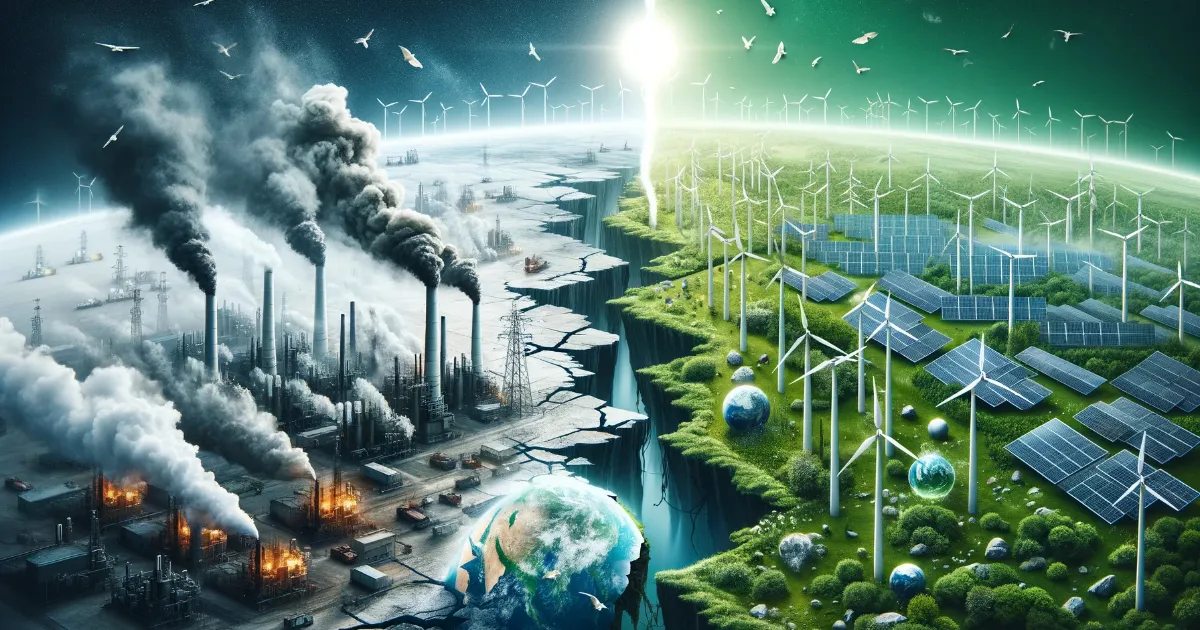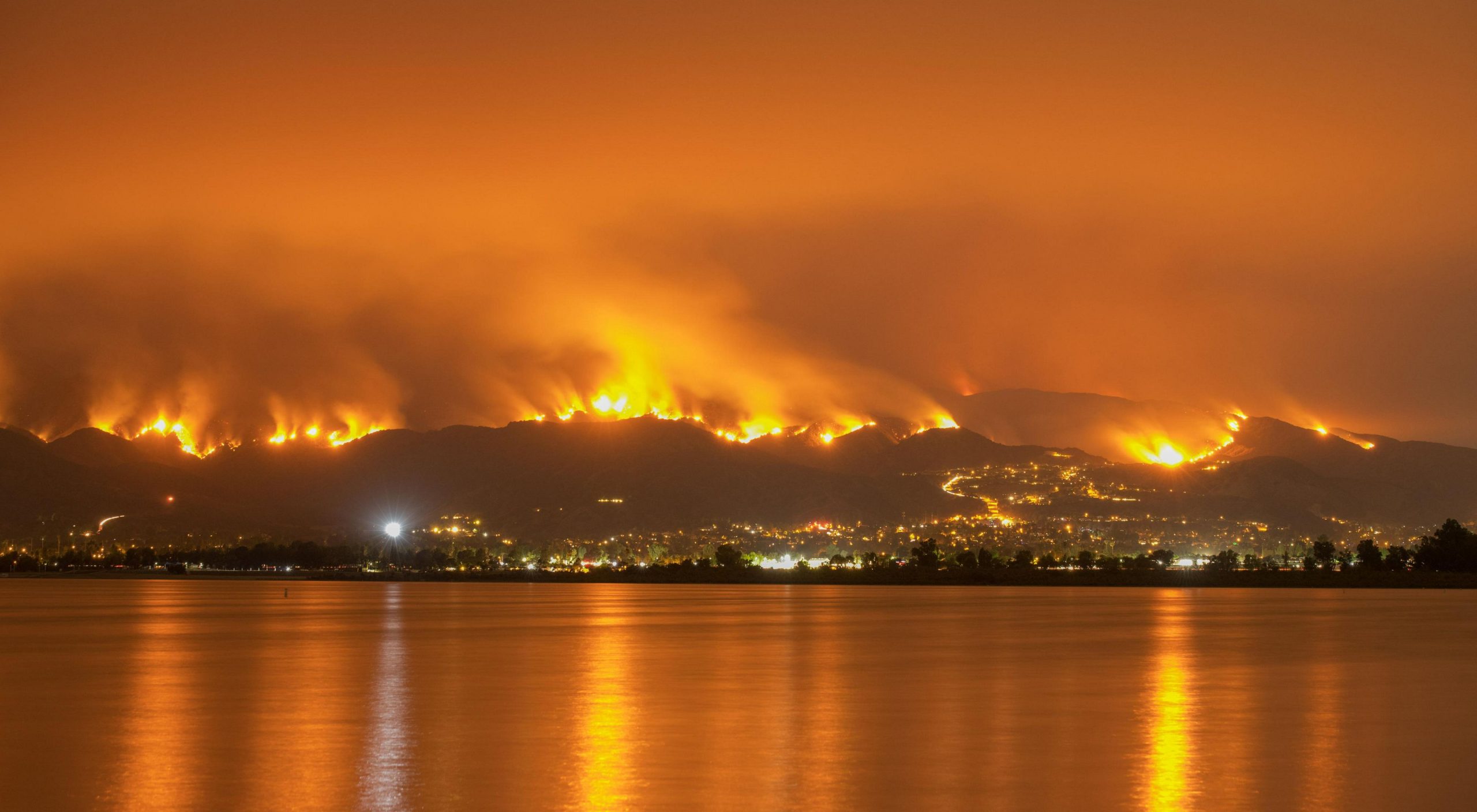Contents
The climate crisis poses an unprecedented threat to our planet, impacting ecosystems, communities, and economies worldwide. As global temperatures rise and extreme weather events become more frequent, urgent action is needed to mitigate the effects of climate change and build a sustainable future for generations to come.

Climate Crisis
The State of the Climate
The evidence of climate change is clear and compelling. Rising temperatures, melting glaciers, and increasingly severe weather patterns are just some of the visible signs of a planet in crisis. According to the Intergovernmental Panel on Climate Change (IPCC), human activities, particularly the burning of fossil fuels and deforestation, are the primary drivers of climate change.
The Impacts of Climate Change
The impacts of climate change are far-reaching and multifaceted. From rising sea levels and coastal flooding to droughts, wildfires, and food insecurity, no corner of the globe is immune to the effects of a warming planet. Vulnerable communities, including low-income populations and marginalized groups, are disproportionately affected by climate change, exacerbating existing inequalities and increasing the risk of social unrest and conflict.
The Urgency of Action
Addressing the climate crisis requires urgent and decisive action at all levels of society. Governments, businesses, and individuals must work together to reduce greenhouse gas emissions, transition to renewable energy sources, and implement adaptation measures to protect vulnerable communities and ecosystems. The window of opportunity to avoid the most catastrophic impacts of climate change is rapidly closing, making swift and ambitious action essential.
International Cooperation and Commitments
International cooperation is critical in the fight against climate change. The Paris Agreement, adopted in 2015, represents a historic commitment by nearly every country in the world to limit global warming to well below 2 degrees Celsius above pre-industrial levels and pursue efforts to limit the temperature increase to 1.5 degrees Celsius. However, achieving these goals will require increased ambition and collaboration to accelerate the transition to a low-carbon economy and build resilience to climate impacts.

Climate Crisis
The Role of Innovation and Technology
Innovation and technology play a crucial role in addressing the climate crisis. From renewable energy technologies such as solar and wind power to advancements in energy efficiency, carbon capture, and sustainable agriculture, innovative solutions hold the key to reducing emissions and building a more resilient future. Investing in research yowestogel login and development, fostering collaboration between the public and private sectors, and scaling up proven technologies are essential steps in the transition to a sustainable and equitable society.
Empowering Individuals and Communities
While government policies and international agreements are essential, individual actions also have a significant impact on climate change. By adopting sustainable lifestyle choices, reducing energy consumption, supporting renewable energy initiatives, and advocating for climate action in their communities, individuals can contribute to the collective effort to address the climate crisis. Education and awareness-raising are also critical in empowering communities to take action and build resilience to climate impacts.
The climate crisis is one of the most pressing challenges facing humanity today, with far-reaching implications for the planet and future generations. Addressing this crisis requires urgent and coordinated action at all levels of society, from local communities to the global stage. By embracing innovation, cooperation, and collective responsibility, we can navigate the challenges of climate change and build a more sustainable and resilient future for all.
Understanding the Impact of the Climate Crisis: Challenges and Consequences
The climate crisis, driven by human-induced climate change, is one of the most significant challenges facing humanity in the 21st century. As global temperatures continue to rise and weather patterns become increasingly erratic, the impact of climate change is being felt across the globe, with profound consequences for ecosystems, economies, and communities.

Climate Crisis
Environmental Impacts
One of the most visible and immediate impacts of the climate crisis is the degradation of ecosystems and loss of biodiversity. Rising temperatures, changing precipitation patterns, and extreme weather events are disrupting ecosystems, threatening plant and animal species with extinction, and destabilizing delicate ecological balances. Coral reefs are bleaching due to warming ocean temperatures, forests are being decimated by wildfires and deforestation, and melting polar ice caps are contributing to rising sea levels.
Human Health and Well-being
The climate crisis also poses significant risks to human health and well-being. Heatwaves, droughts, and extreme weather events increase the prevalence of heat-related illnesses, respiratory diseases, and vector-borne diseases such as malaria and dengue fever. Rising temperatures can also exacerbate food and water insecurity, particularly in vulnerable communities with limited access to resources and infrastructure. The mental health impacts of climate change, including anxiety, depression, and post-traumatic stress disorder, are also becoming increasingly recognized.
Economic Disruptions
The economic impacts of the climate crisis are far-reaching and complex. Extreme weather events, such as hurricanes, floods, and wildfires, can cause billions of dollars in damage to infrastructure, property, and agriculture, disrupting supply chains and economies. Rising sea levels and coastal erosion threaten coastal communities and tourism industries, while changes in precipitation patterns and water availability can impact agricultural productivity and food prices. The long-term economic costs of inaction far outweigh the upfront investments required to mitigate and adapt to climate change.
Climate change has profound social and political consequences, exacerbating existing inequalities and tensions within and between nations. Displacement and migration due to climate-related disasters, sea-level rise, and environmental degradation can strain social cohesion and lead to conflicts over resources and land. Vulnerable populations, including indigenous peoples, low-income communities, and marginalized groups, are disproportionately affected by climate change, further widening social disparities and exacerbating injustice.
Urgent Action is Needed
Addressing the impacts of the climate crisis requires urgent and coordinated action at all levels of society. Governments, businesses, and individuals must work together to reduce greenhouse gas emissions, transition to renewable energy sources, and implement adaptation measures to protect vulnerable communities and ecosystems. International cooperation and solidarity are essential in tackling this global challenge and ensuring a sustainable and equitable future for all.
Conclusion
The impact of the climate crisis is profound and far-reaching, affecting ecosystems, economies, and communities worldwide. Urgent action is needed to mitigate the effects of climate change, build resilience, and transition to a sustainable and equitable future. By addressing the root causes of climate change and embracing innovative solutions, we can minimize the impact of the climate crisis and build a more resilient and prosperous world for generations to come.
Read More Article About “CAPTAIN AMERICA: PAHLAWAN LEGEND FROM PERANG DUNIA II HINGGA ERA MODERN“





